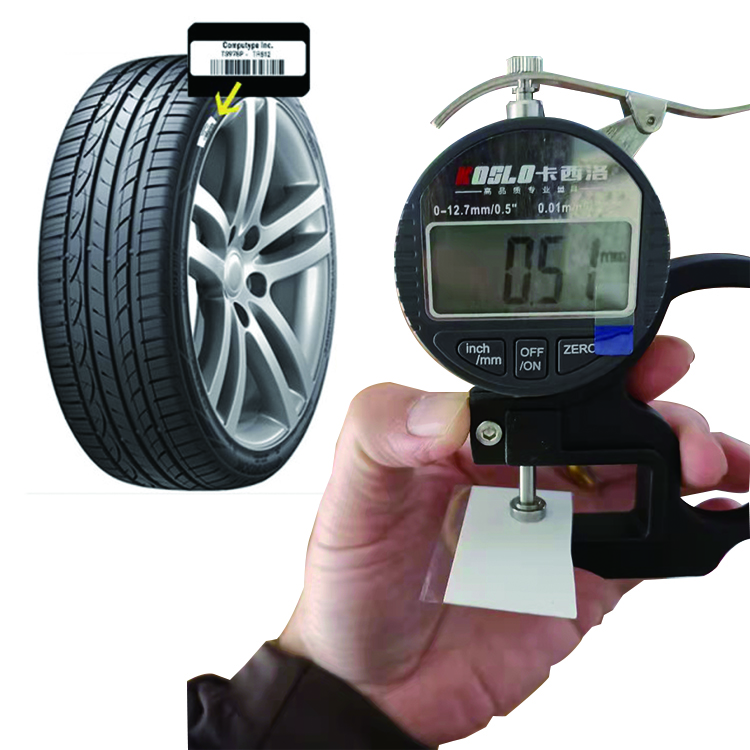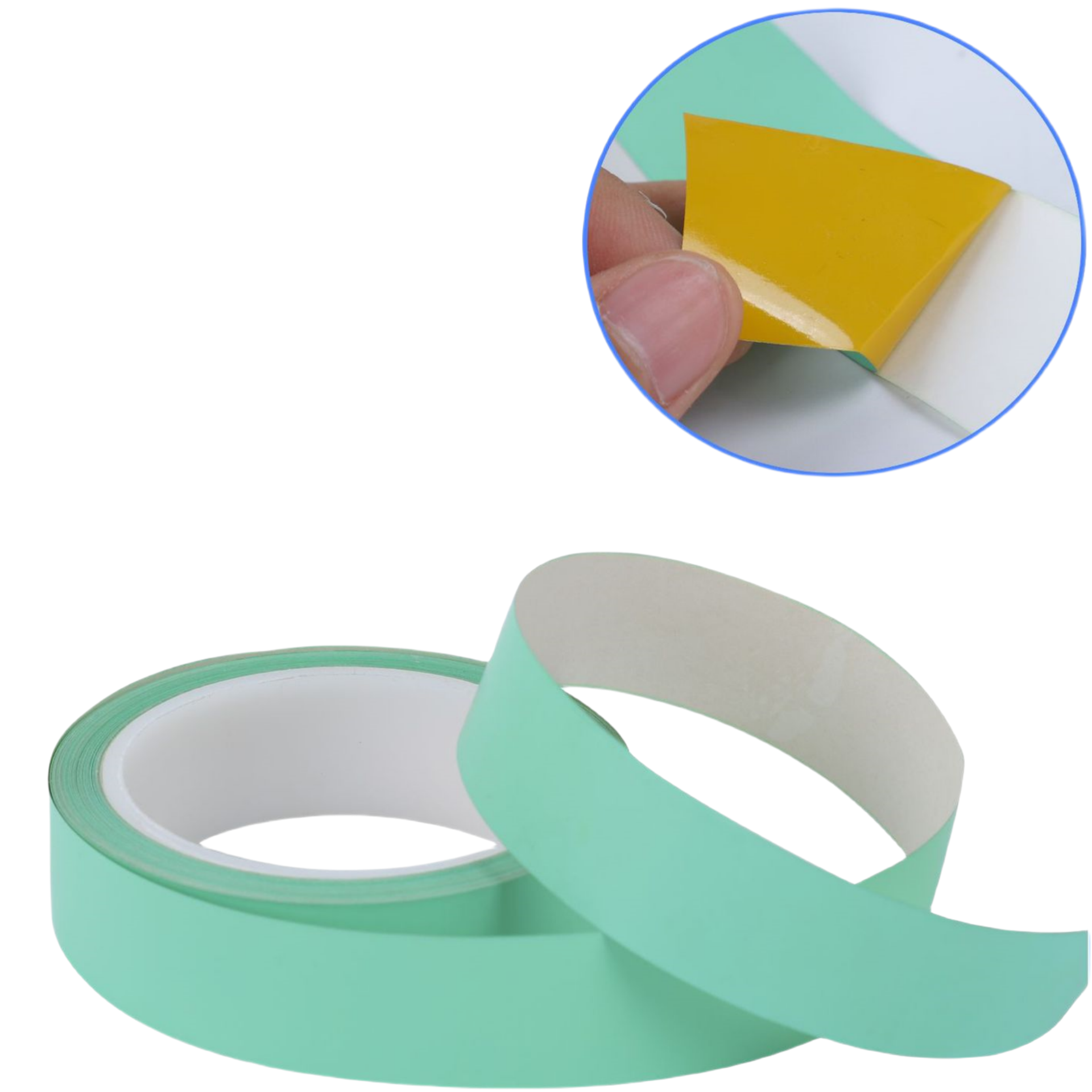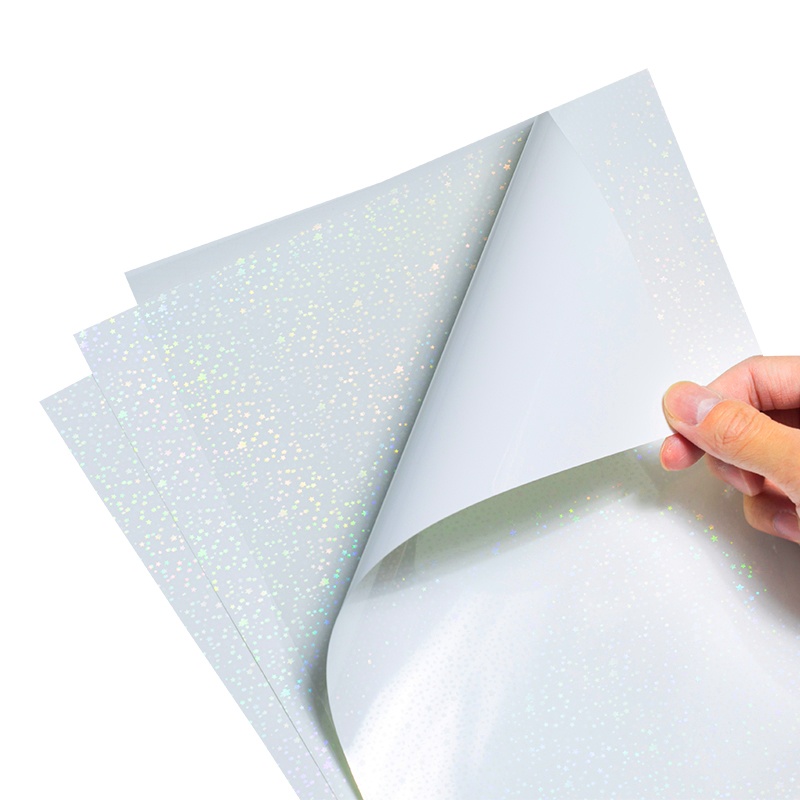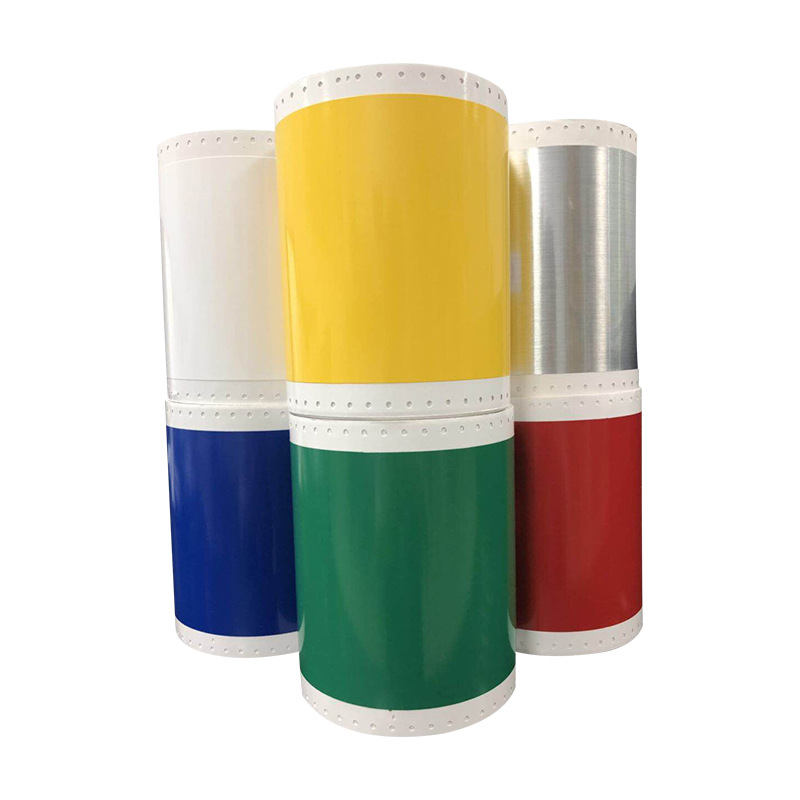Degradation principle of biodegradable materials
The degradation principle of biodegradable materials mainly involves the comprehensive effect of microorganisms and their secretions under enzymatic or chemical decomposition. Specifically, the degradation process typically includes the following key steps:
-
Microbial secretion of hydrolytic enzymes: Under suitable conditions, bacteria, fungi, algae and other microorganisms in the soil will secrete hydrolytic enzymes outside the body, which can bind to the surface of the material.
-
Hydrolysis: Through the catalysis of hydrolytic enzymes, the high molecular weight chains on the surface of the material are cleaved, resulting in the formation of small molecular weight compounds.. This process is the core link of degradation, which gradually transforms polymer materials that were originally difficult to decompose into low molecular weight substances
-
Microbial Metabolism: Low molecular weight compounds generated by degradation are subsequently ingested by microorganisms, and through a series of metabolic processes, these compounds are ultimately converted into microbial biomass or energy for microbial activity, and discharged into the environment in the form of water and carbon dioxide.

500um engineering tire vulcanization label
Excellent high temperature stability, able to withstand the heat and pressure of tires during high temperature and sulfur treatment (up to 210 ℃)
Excellent durability and wear resistance
Excellent chemical corrosion resistance: Strong waterproof, acid resistant, salt resistant, alkali resistant, most petroleum oil stains, oils and low-fat solvents, adhesives can penetrate into the concave surface and firmly bond to the softening agent that penetrates the tire surface. When the car is in operation, the barcode will not fall off on its own, and manual peeling will not damage the rubber on the tire surface
Excellent barcode/heat transfer printing effect, combined with Xiyan VR-30 carbon ribbon, ensures 100% accurate reading and scanning on the high-speed conveyor line before and after vulcanization
Excellent adhesion: When the tire is removed from the mold, it has strong flexibility to withstand tire deformation
| Physical properties | Testing Method | Average test result | |
| Thickness | ASTM D1000 test | US units | Standard unit |
| Substrate | 0.012in | 0.480mm | |
| Adhesive | 0.0010in | 0.026mm | |
| Total | 0.0108in | 0.51mm | |
| Initial adhesion (sticking to steel ball) | ASTM D3759 test | Approximately equal to 3 # steel ball | |
| Adhesive strength: | FTM8 test | >12 hours | |
| Temperature range | -40 to 428° F (-40~220° C) | ||
| Save expiration date | 73.4° F (23° C) Under 60% relative humidity, it is 1 year | ||
| UL index number | To be tested | ||
| UL testing carbon ribbon | OwnLikes VR-30 | ||
All SI units are calculated from the commonly used units in the United States

350um tire vulcanization label
Excellent high temperature stability, able to withstand the heat and pressure of tires during high temperature and sulfur treatment (up to 210 ℃)
Excellent durability and wear resistance
Excellent chemical corrosion resistance: Strong waterproof, acid resistant, salt resistant, alkali resistant, most petroleum oil stains, oils and low-fat solvents, adhesives can penetrate into the concave surface and firmly bond to the softening agent that penetrates the tire surface. When the car is in operation, the barcode will not fall off on its own, and manual peeling will not damage the rubber on the tire surface
Excellent barcode/heat transfer printing effect, combined with Xiyan VR-30 carbon ribbon, ensures 100% accurate reading and scanning on the high-speed conveyor line before and after vulcanization
Excellent adhesion: When the tire is removed from the mold, it has strong flexibility to withstand tire deformation
| Physical properties | Testing Method | Average test result | |
| Thickness | ASTM D1000 test | US units | Standard unit |
| Substrate | 0.012in | 0.350mm | |
| Adhesive | 0.0010in | 0.026mm | |
| Total | 0.0108in | 0.376mm | |
| Initial adhesion (sticking to steel ball) | ASTM D3759 test | Approximately equal to 3 # steel ball | |
| Adhesive strength: | FTM8 test | >12 hours | |
| Temperature range | -40 to 428° F (-40~220° C) | ||
| Save expiration date | 73.4° F (23° C) Under 60% relative humidity, it is 1 year | ||
| UL index number | To be tested | ||
| UL testing carbon ribbon | OwnLikes VR-30 | ||
All SI units are calculated from the commonly used units in the United States
We offer comprehensive technical support, including free professional labeling solutions, advice on label materials and adhesive selection, as well as online/offline assistance from professional software and hardware engineers. Service email: andy@ownlikes.cn. In pre-sales, we leverage our extensive experience in specialty labeling projects to provide clients with the most suitable hardware solutions. Additionally, all our label barcode printers and scanners come with a three-year free warranty, demonstrating our confidence in our products.






This site is protected by reCAPTCHA and the Google Privacy Policy and Terms of Service apply.